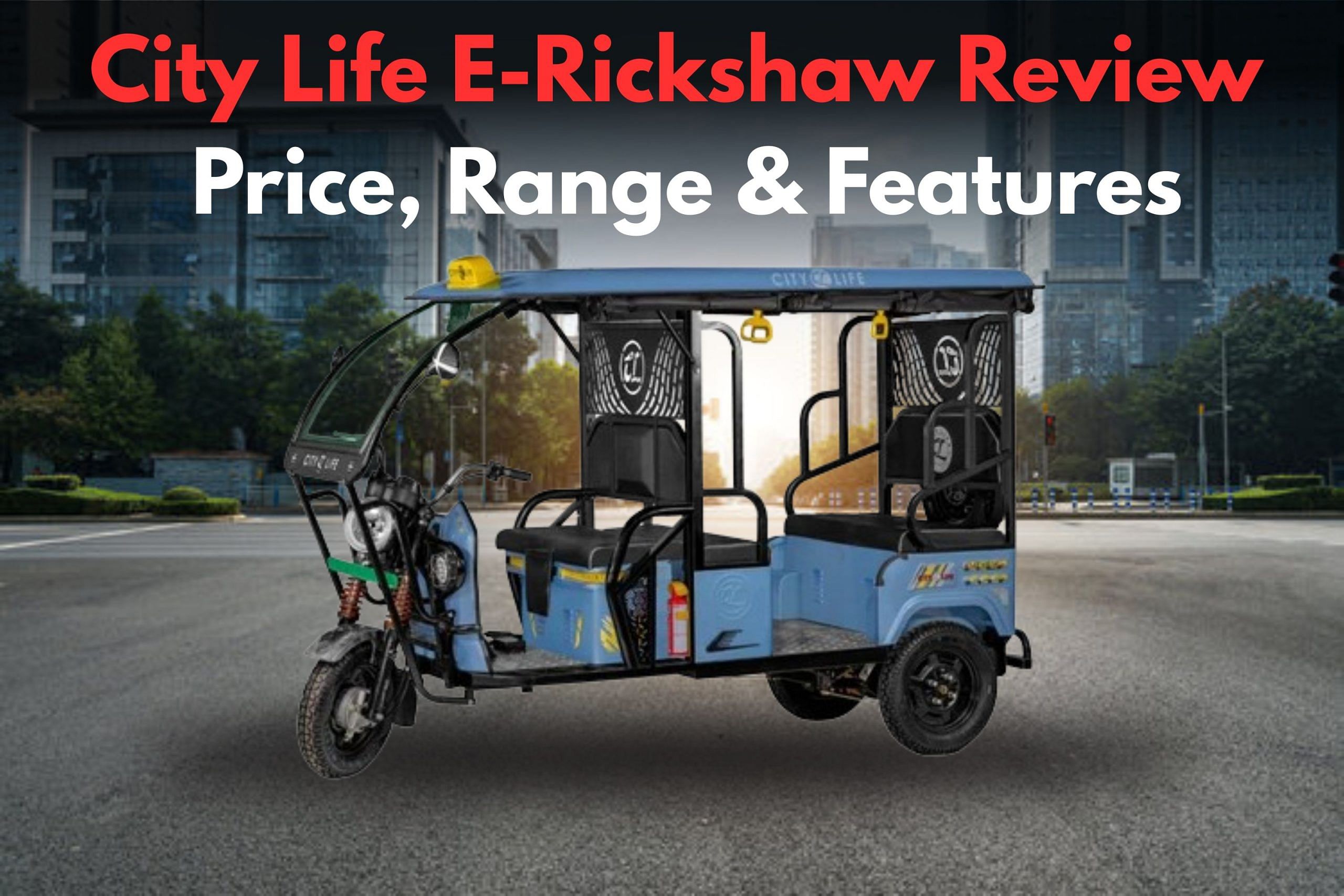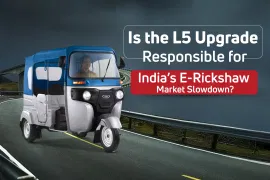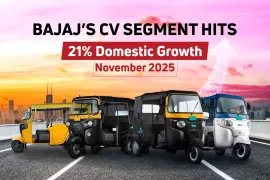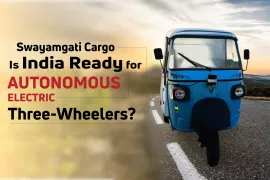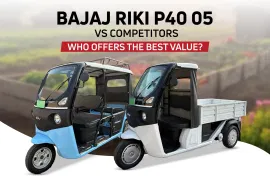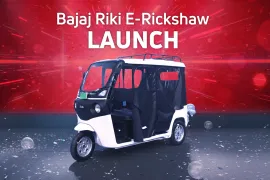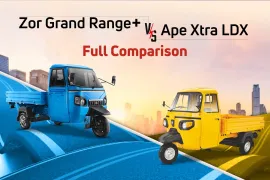You know what’s quietly changing India’s streets? Not another app. Not a luxury EV.
It’s e-rickshaws—the humble, buzzing three-wheelers that get you home from the metro station, deliver your groceries, and sometimes even save you from a long, sweaty walk in peak summer. And in this crowd of EVs, City Life E-Rickshaw has carved out its own little space.
I’ve been watching this shift closely, especially in smaller cities and towns. And let me tell you—City Life has become a name people are starting to trust.
So, how much does a City Life rickshaw cost?
Let’s be real—cost is always the first question. And rightly so.
The City Life rickshaw price starts around ₹1.30 lakh and can go up to ₹1.70 lakh, depending on what model you pick and whether it runs on a lithium-ion or lead-acid battery. Not cheap, but compared to petrol or diesel alternatives, this is a solid investment.
I spoke to a guy in Aligarh who runs two of these e-rickshaws—he told me, “Bhai, ek baar paisa lagao, fir din ka ₹800–₹1000 nikalta hai.”
He meant: invest once, and the daily earnings start flowing in without worrying about fuel prices dancing around.
Range: How far can it go on a single charge?
Ah, the golden question.
The City Life rickshaw range is between 80–120 km on a full charge. Which, honestly, is more than enough for most daily routes—especially if you’re doing fixed local runs like station to market, school to home, or even light cargo delivery.
One driver I met in Meerut runs about 90 km daily. He charges it overnight, plugs in a local music system (yes, the ones with flashing lights and bass!), and goes about his day without a hiccup.
So yes, the range holds up well in the real world. Just don’t expect it to scale hills like a diesel van. It’s built for city roads, and it knows its job.
Features: Not flashy, but smart where it counts
Okay, here’s where things get interesting.
The City Life e-rickshaw doesn’t scream “futuristic.” But it’s smart. It’s designed for the streets of India, where potholes are frequent guests and summers are brutal.
Here’s what you get:
- A tough metal frame and fibre roof that actually holds up in light rains
- BLDC motors (1000W to 1200W) that quietly hum along without giving much trouble
- Sturdy shock absorbers—because let’s face it, smooth roads are a luxury
- USB charging port (yes, really!) and sometimes even a basic music system
- A little digital display that tells you speed and battery percentage
And for those running goods? The cargo version handles 400–500 kg without turning into a turtle. It’s no fancy truck, but it gets the job done. Day in, day out.
But why choose it over the others?
Great question. Look, there are a dozen brands in this space. So why City Life?
Because they’ve kept things simple.
They haven’t tried to reinvent the wheel (pun intended). Instead, they’ve focused on what people actually need—reliability, low running cost, and easy servicing. Plus, spare parts aren’t a pain to find. That matters when your livelihood depends on it.
And here’s the kicker: it costs about ₹0.50–₹0.60 per km to run. Which is peanuts compared to petrol or diesel.
Also, there’s a quiet pride that comes with going electric. You’re not belching smoke into your city’s air. You're saving money and doing your bit for the planet—even if that’s not why you started.
The human side of it
Here’s the thing most reviews skip.
This isn’t just a vehicle. For many, it’s their family’s bread and butter. It’s the reason school fees are paid on time or groceries come home without delay. It's how dreams begin—one ride at a time.
I’ve seen drivers tuck their lunch in the glove compartment, drop kids to school, pick up parcels, even play bhajans on the music system in the morning. That’s what makes this machine special. It fits into lives, without drama.
Final thoughts?
If you’re in the market for a no-nonsense, dependable electric rickshaw, the City Life e-rickshaw deserves a serious look.
It’s not fancy. But it’s practical. Rugged. Purpose-built.
The kind of commercial vehicle that doesn’t try to impress you—it just shows up, does its job, and gets better the more you use it.
And honestly, what more can you ask for?
For more articles and news, stay updated with 91trucks. Subscribe to our YouTube channel and follow us on Facebook, Instagram, and Linkedin for the latest videos and updates from the automotive world!
Web Stories
Latest Three Wheelers News
Categories
91trucks is a rapidly growing digital platform that offers the latest updates and comprehensive information about the commercial vehicle industry.
